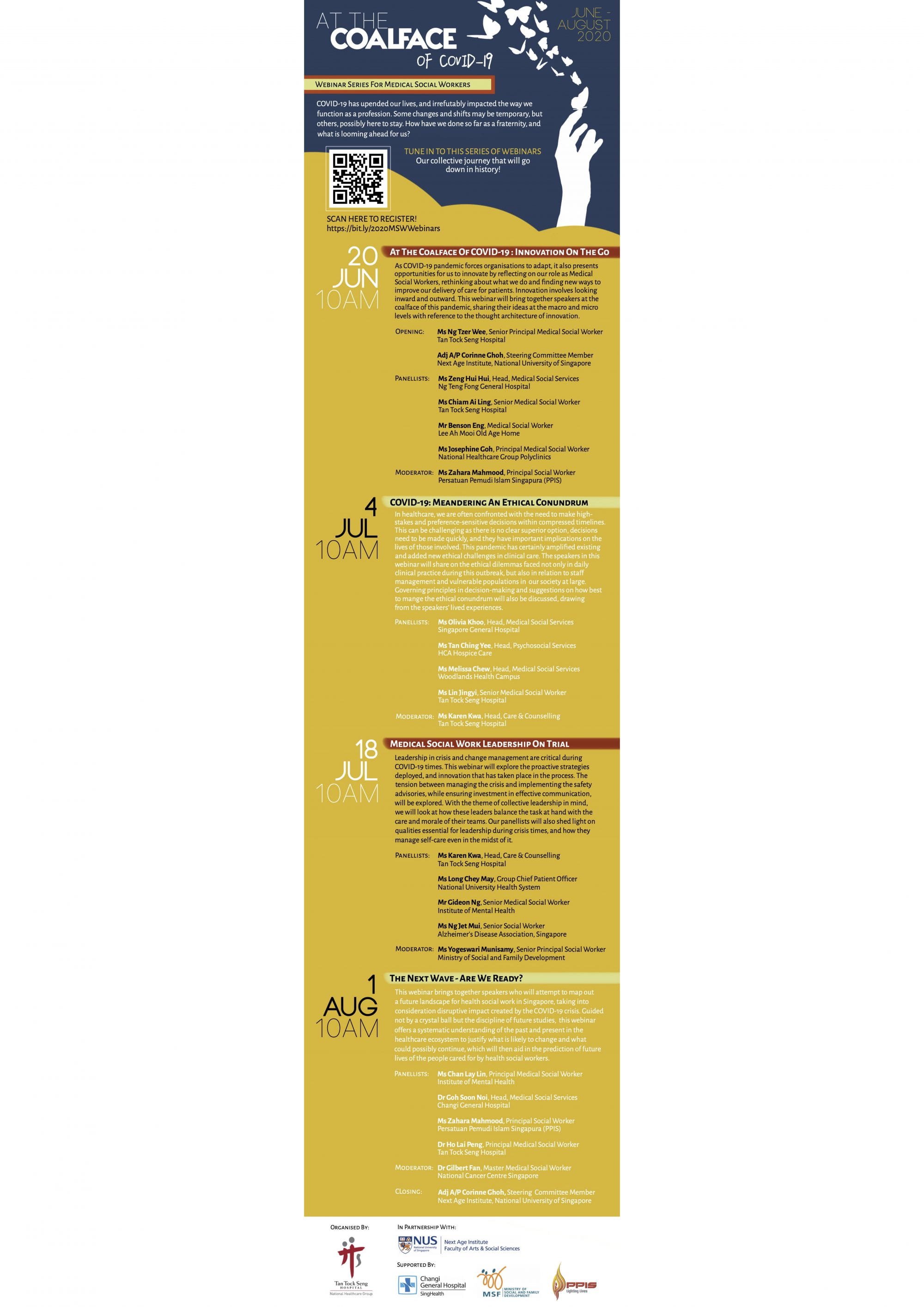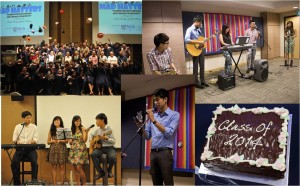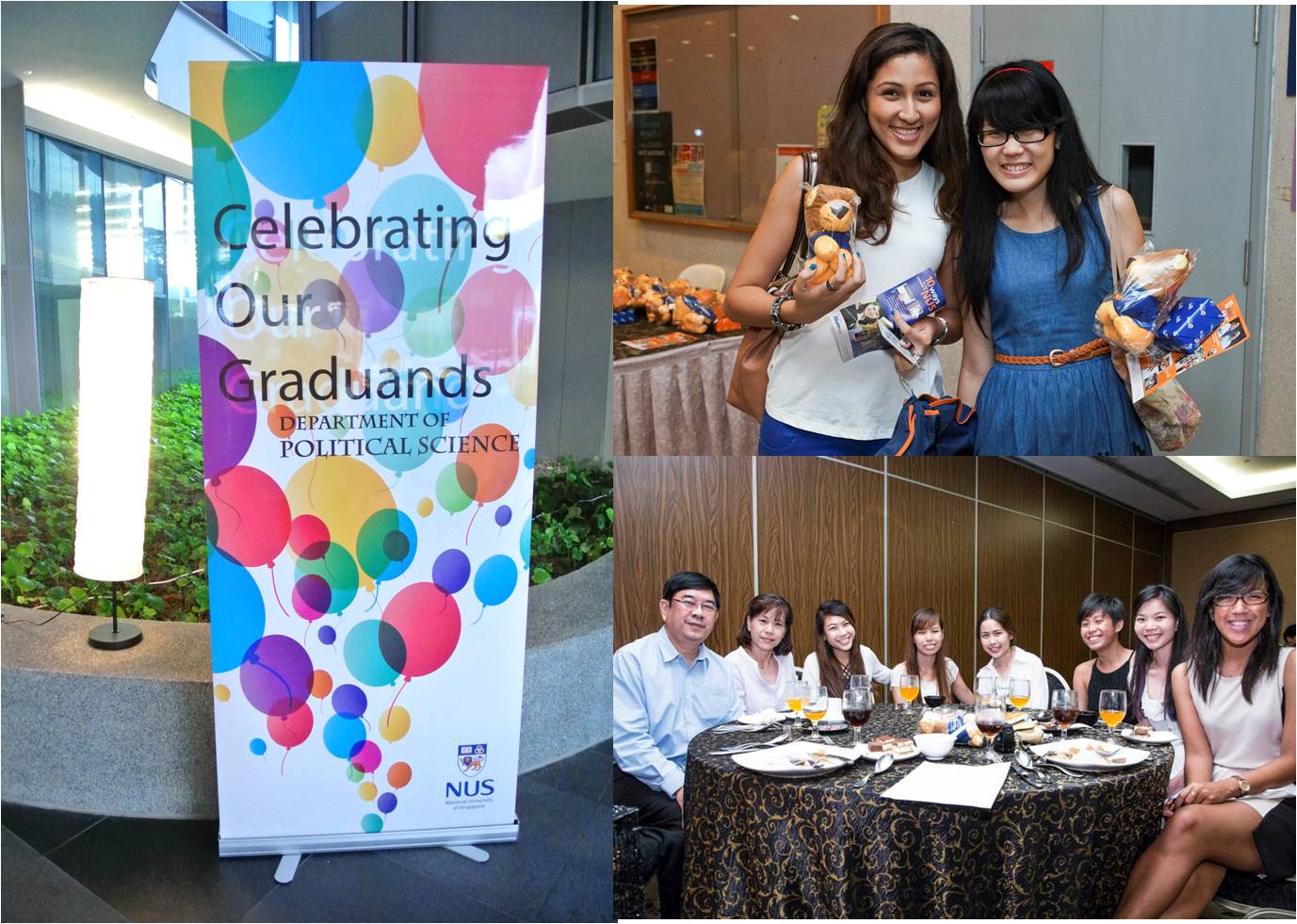Organised by Social Work Department,
Funded by Family, Children and Youth Research Cluster
Chaired by Dr Esther Goh of Social Work Department, together with invited speakers: Prof Leon Kuczynski (University of Guelph, Canada), A/P Jan De Mol (Catholic University of Louvain, Belgium) and A/P Cheng Fucai (Shanghai Academy of Social Science), this round table stimulated enthusiastic interest among faculty members, research and undergraduate students on conceptualising children as agentic beings in research. Conventionally, children are often treated as passive recipients of external influences. They are commonly conceived as the ‘dependent variables’ with parents, schools, and other adults in their environment as ‘independent variables’.
Prof Kuczynski, a developmental psychologist and theorist, explained his Social Relational Theory (SRT) which is an interdisciplinary framework designed to understand how parents and children interact as human agents within a system of culturally embedded social relationships. It provides concepts for understanding various facets of children’s agency, including their capacities to make sense of the environments, act strategically to achieve their goals, and resist domination by others.
A/P Jan De Mol’s captivating presentation through enactment of a clinical case where he saw a family with a depressed teenage girl, explained to the participants how he utilised the concept of child agency as well as relationship contexts for expression of agency in family therapy. Wong Hui Mei, a fourth year Social Work major who worked on her honours thesis with Dr Esther Goh, shared with the group her discovery of child agency in ADHD children and their parents in Singapore.
A fascinating ethnographic work with 39 street children in Shanghai was presented by A/P Cheng Fucai. He lived with this group of street kids over a period of six months and witnessed how children survived the harsh underground world through their agentic strategies.
Dr Goh moderated a student panel where three 4th year Social Work students responded to the presentations and discussed how these conceptual tools could be useful in their own research projects which viewed children as actors instead of passive members of families and social service systems. Participants provided input and comments and posted questions to help them think further along their research projects.
The roundtable ended with a research gallery presented by Dr Goh to demonstrate how the Social Relations Theory (SRT) can be a productive research lens to examine phenomenon within and beyond social science borders. She illustrated the generativity power of SRT in studying children’s bargaining power in three-generational families, involvement in negotiating house chores, children’s agency in pediatric dentistry and in nutrition and food science. This gallery is an exhibition of the interdisciplinary relevance of SRT and its ability to generate productive research activities in various research contexts.
Comments from the student participants:
Chee Liping (4th year Social Work student):
Personally, the session has further enhanced my interest in working and research with children and widened my horizons about the breadth and depth of such undertakings. I was particularly inspired by Professor Cheng’s sharing about his ethnographic work with street children which showed the rich insights that can be gained when a researcher truly seeks to see from the children’s perspective without an imposition of adults’ beliefs.
It was really good!
Wong Hui Mei (graduating 4th year Social Work student):
I was really excited to meet Prof Kuczynski in person after reading about his theory and articles and I’ve used the SRT for my honours thesis. So hearing him “live” and meeting in person was an amazing experience! All in all, the roundtable has been a wonderful closure for my undergrad life in NUS while at the same time, it has opened up the exciting path of research work in children and child’s agency for me!
Gina Chan (4th year Social Work student):
Thank you once again for organising this very insightful and interesting workshop Dr Goh!






